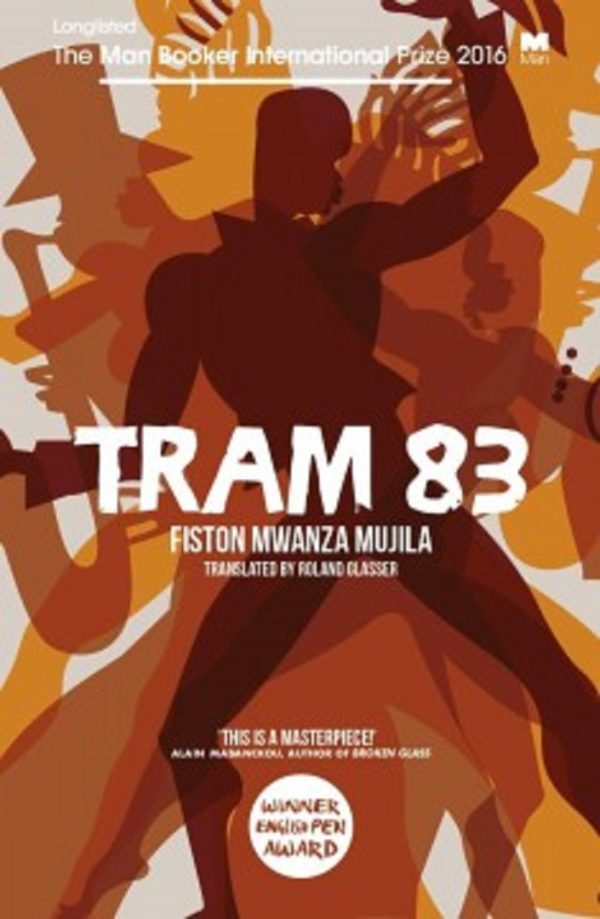When thinking about classic and traditional Mexican literature, books like The House on Mango Street by Sandra Cisneros and Laura Esquivel’s Like Water For Chocolate come to mind. These novels portray young girls trying to fit into American society and ultimately accepting America as their home. However, after reading Signs Preceding the End of the World by Yuri Herrera my belief about what what the content of Mexican literature is and can be was changed.
Signs Preceding the End of the World is a tiny novel that is packed with social critique on the border between the U.S. and Mexico, generalized views of immigrants, and consistently alludes to Aztec myths. What was most surprising about this novel was the narrator and heroine of the book, Makina.
Makina challenges female gender roles in Mexican literature. Makina acts as a rebel against the society that she inhabits in the way that she acts. I had originally thought of woman in Mexican literature as meak, incapable of great acts, and domed to dwell in domestic settings. Makina is the opposite. She is trilingual, has an important job, stands up to men, and is very sexual.
I was surprised to read that Makina is a strong and assertive character. It is clear by her actions when Herrera writes,“Makina turned to him, stared into his eyes so he’d know that her next move was no accident, pressed a finger to her lips, shhhh, eh, and with the other hand yanked the middle finger of the hand he touched her with” (31).
The character of Makina is also a representation of the people who have taken journeys and crossed borders. Before reading Signs Preceding the End of the World, I had a very US-centric idea about immigration and migrant workers. I had thought always thought that people wanted to come to the United States in hopes of a better life and in search of more opportunity. Now I realize how ignorant it was to take this stance.
Makina seems to want to get in and out of America as soon as possible because her whole life is in Mexico. Herrera notes, “She’d already arranged for her crossing and how to find her brother, now she had to make sure there would be a way back; she didn’t want to stay there, nor have to endure what had happened to a friend who stayed away too long” (20).While we would see her little border town as a place riddled with bullets, tunnels, and behind the times in regard to technology. However, she still calls it home.



 Example of a tremolo in music
Example of a tremolo in music



